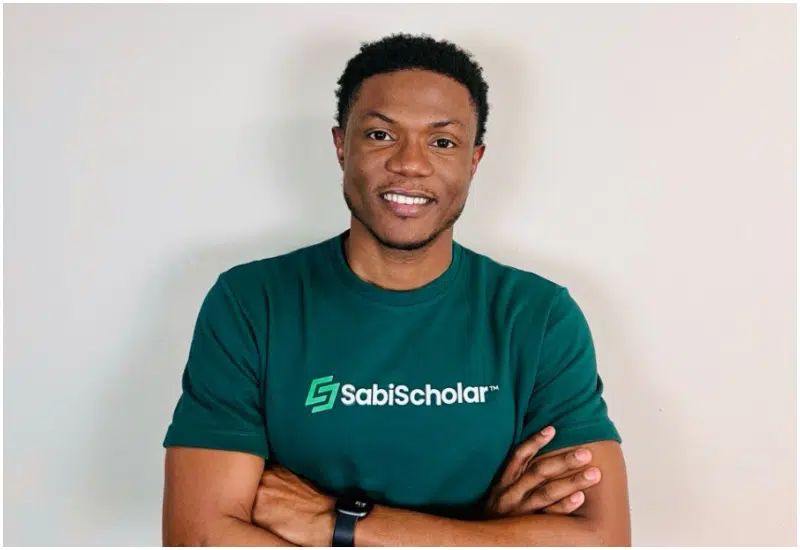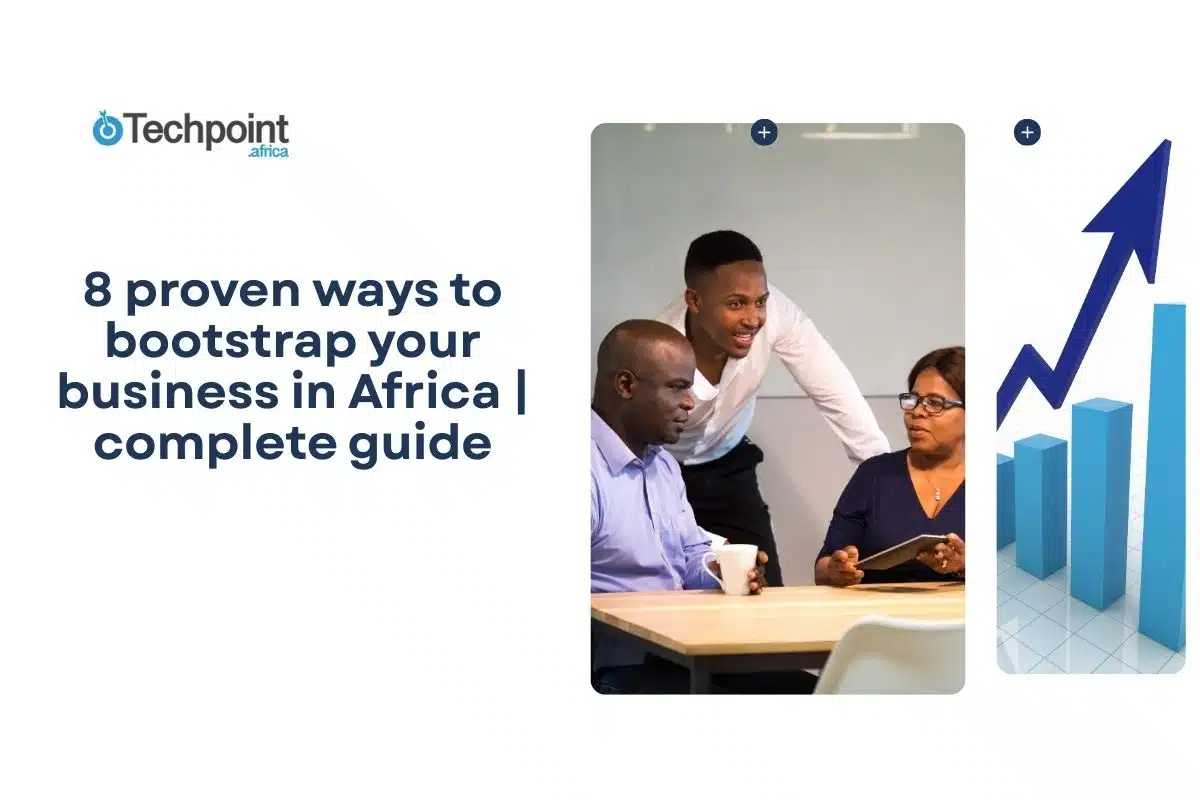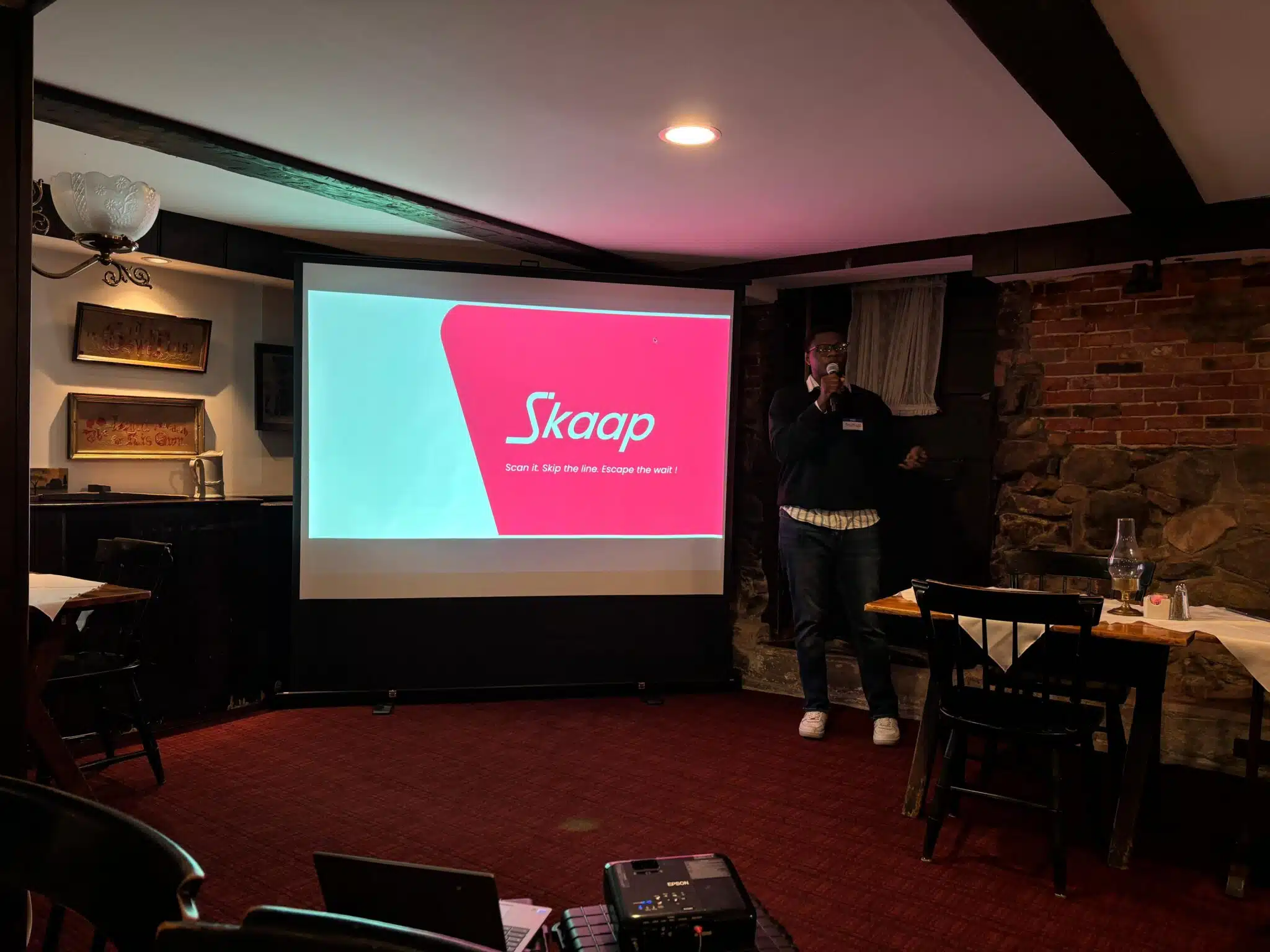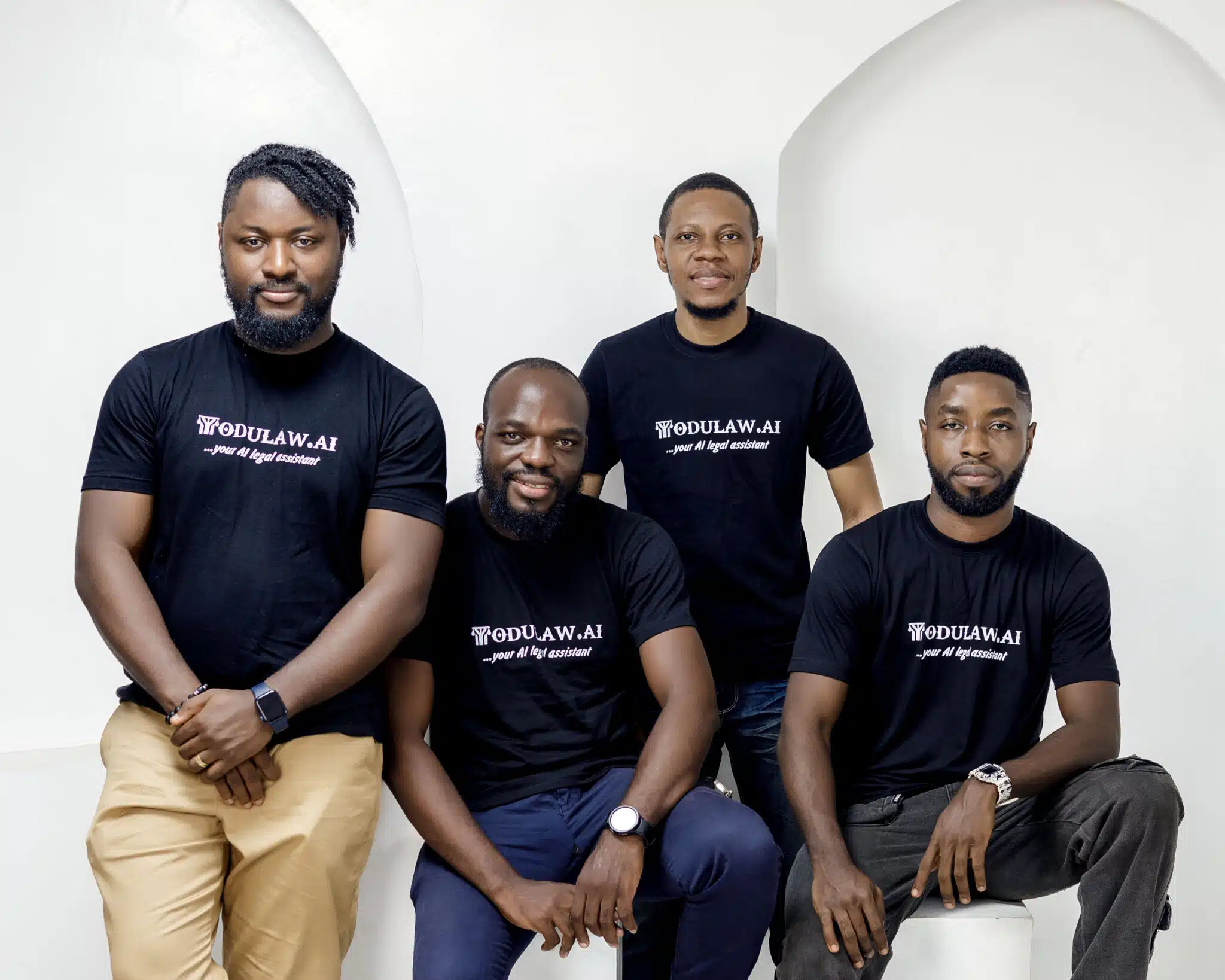Pandemonium hit Nigeria’s education sector earlier this year when West African Examination Council (WAEC) released the 2025 O’level results, with only 38.32% adjudged to have passed. The news was met with widespread criticism; the quality of education and the seriousness of students were also called into question.
Although WAEC would later detect that an internal glitch had affected the initial outcome, with the revised stats showing an improved pass rate of over 60%, the fact remains that a lot still needs to be done regarding secondary school education in Nigeria.
It is on the backdrop of these challenges that Divine Iloh and Ebuka Osunwoke co-founded SabiScholar, an AI-assisted, offline-first e-learning platform for African secondary schools.
During an exclusive interview with Techpoint Africa, co-founder and tech enthusiast Divine Iloh, who holds a Nigerian technology patent for a delivery stack on low-bandwidth learning, revealed why he is building a platform to tackle some of the challenges facing students.
“The dream was birthed about two years ago. My co-founder and I kept asking why do people have to drive all the way to the National Open University center to learn when it is an online university? But we also realised there was a bigger loophole, even for the secondary schools that people can’t even take lessons and UTME classes online. And so we saw a huge gap and we wanted to tackle it.”
Due to poor network connectivity in Nigeria, online learning can be challenging, but Enugu State-born Iloh explains that SabiScholar has a recently-approved patent that fixes this problem.
“The AI system we developed predicts the best time you’re likely to have network. So on the app, it looks at what time you’re supposed to have network, say 12 a.m. to like 5 a.m. and it begins to download the things you need for the next day, the next one week. So that if you are going to work and you don’t have adequate network, automatically you have your videos, your quizzes, your assignments, and you can do all of these on the go without actually having network.”
However, Iloh added that although the patent has been approved, the feature is not yet embedded in the app, as it’s still in the research phase.
The team at Sabischolar creates video courses for O’Level examinations online, and they are looking to expand into higher institutions soon. Recently, they conducted a pilot phase with over 2,900 students across Nigeria participating, and for Iloh, the results were satisfactory.

Victoria Fakiya – Senior Writer
Techpoint Digest
Make your startup impossible to overlook
Discover the proven system to pitch your startup to the media, and finally get noticed.
“Most of the people who learned via SabiScholar this year are actually first timers for UTME and WAEC. The average SabiScholar student did really well. We don’t have everybody’s results as of now, but the people who have gotten in contact actually performed way more than the average student, which is about 180 for UTME. There is a call for us to keep doing what we are doing, keep improving our system, and see how to roll out to secondary schools across board later next year.”
Another inspiration behind SabiScholar is providing relief for indigent students who can’t afford to pay for extra lessons due to the harsh economic realities. With online resources, learning becomes democratised and significantly cheaper to watch videos, solve past questions, and submit answers through an automated system.
“We at SabiScholar are taking these resources (approved curriculum from the ministry of education), breaking them into bite-sized videos and lesson notes, and allowing the students to have an experience learning the same way they would have learned in class.”
Helping students select career paths
Iloh, a senior data analyst at Walmart, explains that every student’s learning pace is different and ideally, assessments should be based on individual progress, but because of how our system is structured, this is quite difficult, and most teachers look at the class as a whole, but SabiScholar provides a working solution.
“We feed the AI system with the student’s history – what they did well in their previous exams and the subjects they love; the AI generates the most likely career paths — courses in the universities, universities that offer such courses, and how they can progress. That’s one way we are helping students choose a career based on something they love, that would be more impactful for them.”
Interestingly, SabiScholar is not only focusing on helping students; it’s also rolling out features to schools and embedding a learning management system that includes AI tools to help teachers.
“Marking scripts usually takes about 50 per cent of the time of a teacher, and that’s really not great and from our research, teachers find all of these things like administrative duties, marking scripts, creating curriculum, writing lesson notes, even more daunting than the actual teaching itself. So we are bringing AI that can automatically create lesson notes from the administered curriculum released by the state’s ministry of education, mark tests and quizzes.”
Impact stories
Asked if he has success stories to share from users of the platform he’s building, Iloh, who recently joined Lagos State Governor Babajide Sanwo-Olu as a speaker at the Nigerian Innovative Summit, responds in the affirmative.
“Yes, we have success stories but not for schools yet because the school model has not been rolled out. But for individual students, we received a couple of feedback saying, hey, this was great. We loved how compact and concise the courses were. It helped me prepare for my exams. I did very well in my exams (my scores went up). So a couple of students have reached out.”
Business model
“Funding, no. At this point, we are still bootstrapped. And again, this is because we are testing out things. Our business model will be determined after our pilot phase. However, at this time, we are exploring partnerships with schools.
Partnering with schools and government, like the Commissioner of Education in Lagos or across various states, will help lower the cost for students; so we are sending a batch through the government and saying implement this and then let’s discuss what the pricing would look like without charging the students individually.”
Competitive advantage
On competing with big EdTech establishments like Coursera and Udemy, Iloh maintains that they cater to different audiences.
“These models are excellent for skill learning, but SabiScholar focuses on improving and democratising education within zones that lack access to learning facilities. In Nigeria and sub-Saharan Africa, many qualified students are not in universities, not because they didn’t meet the cut-off mark, but because the universities are overcrowded and cannot continue taking students.
What if these universities have a model of learning that serves these students, even if it is remote? That’s one area Udemy, Coursera, and other platforms are not tackling.”











